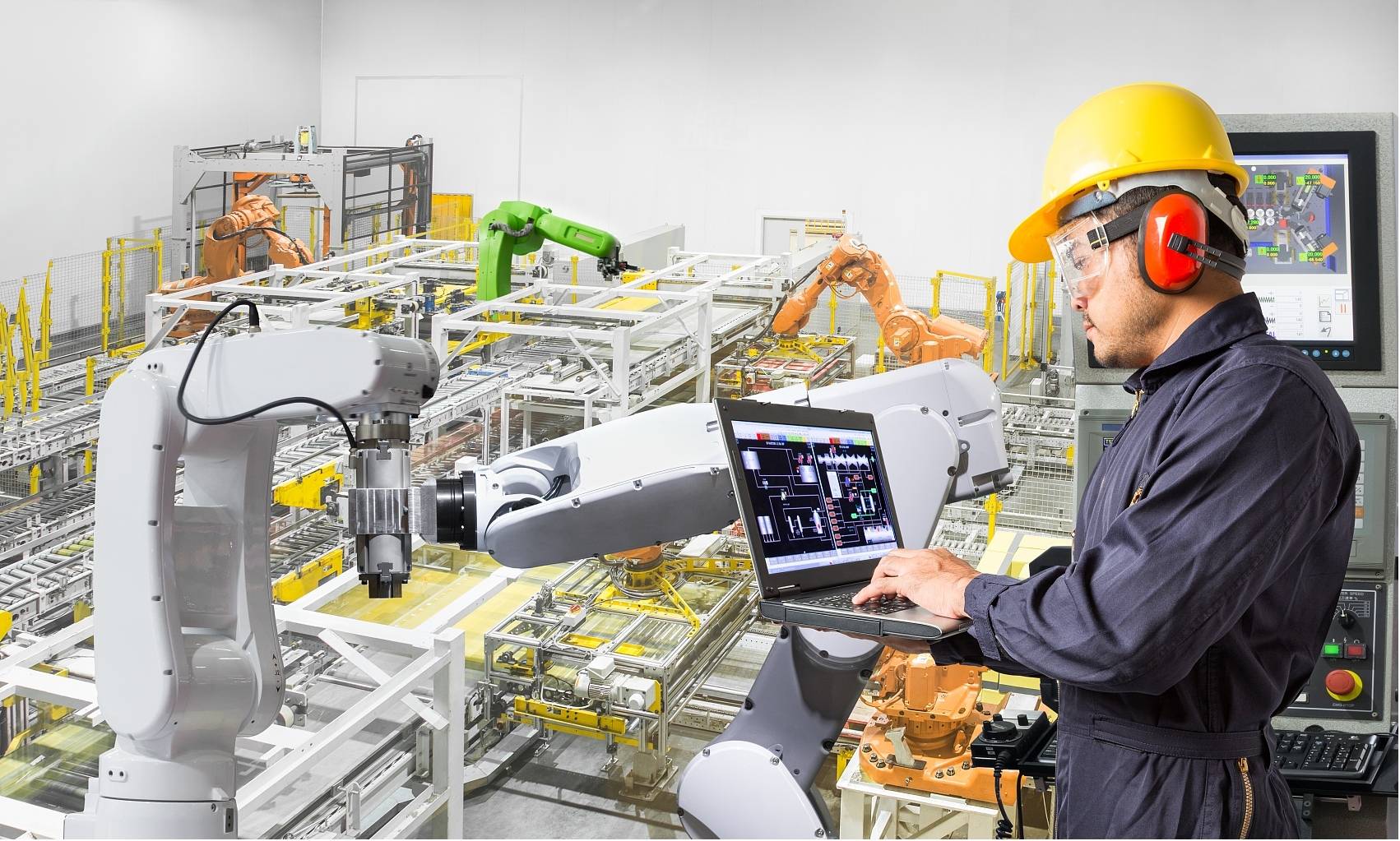In the era of Industry 4.0, the concept of the smart factory has emerged as a transformative force reshaping the manufacturing industry. A smart factory leverages advanced technologies, data analytics, and interconnected systems to create a dynamic and intelligent production environment. Let’s explore what a smart factory is and the advantages it offers.
What is a Smart Factory?
A smart factory is a digitized manufacturing facility that uses connected devices, machinery and production systems to continuously collect and share data. This data is then used to inform decisions to improve processes as well as address any issues that may arise.
The smart manufacturing practices used by a smart factory are enabled by a variety of technologies including artificial intelligence (AI), big data analytics, cloud computing, and the industrial Internet of Things (IoT).
Advantages of Smart Factories
- Efficiency Optimization
Smart factories harness the power of automation to streamline production processes. Robots and AI-driven systems handle repetitive tasks like material transportation with precision and speed, reducing production times and minimizing errors.
- Predictive Maintenance
The integration of IoT sensors allows smart factories to monitor equipment in real-time. Predictive maintenance algorithms analyze data patterns to anticipate potential malfunctions, enabling proactive maintenance and minimizing downtime.
- Data-Driven Decision Making
Smart factories collect vast amounts of data from various sources within the production line. Advanced analytics processes this data, providing actionable insights for decision-makers to optimize production, improve resource utilization, and respond swiftly to market demands.
- Energy Efficiency
Smart factories prioritize sustainability by optimizing energy usage. AI algorithms and sensors monitor energy consumption, identifying areas for improvement and implementing energy-efficient practices to reduce environmental impact.
- Supply Chain Integration
A smart factory is not an isolated entity; it is part of a broader interconnected supply chain. Integration with suppliers, distributors, and other stakeholders ensures seamless communication, reducing lead times, and improving overall supply chain efficiency.
- Enhanced Quality Control
Automated quality control systems powered by robot and AI ensure consistent and high-quality output. Real-time monitoring and analysis identify defects early in the production process, reducing waste and improving overall product quality.
The smart factory represents a paradigm shift in manufacturing industry, where connectivity and intelligence converge to redefine traditional production models. The advantages it offers position it as a cornerstone of the modern industrial landscape. As technology continues to advance, the smart factory is not just a vision for the future; it is the present reality, propelling manufacturing into a new era of innovation and productivity.
If you would like to learn more about our robotic products and solutions, please feel free to leave a message or call us for consultation. Email is [email protected]. Also, you can add our WhatsApp +86 181 1289 9721.





